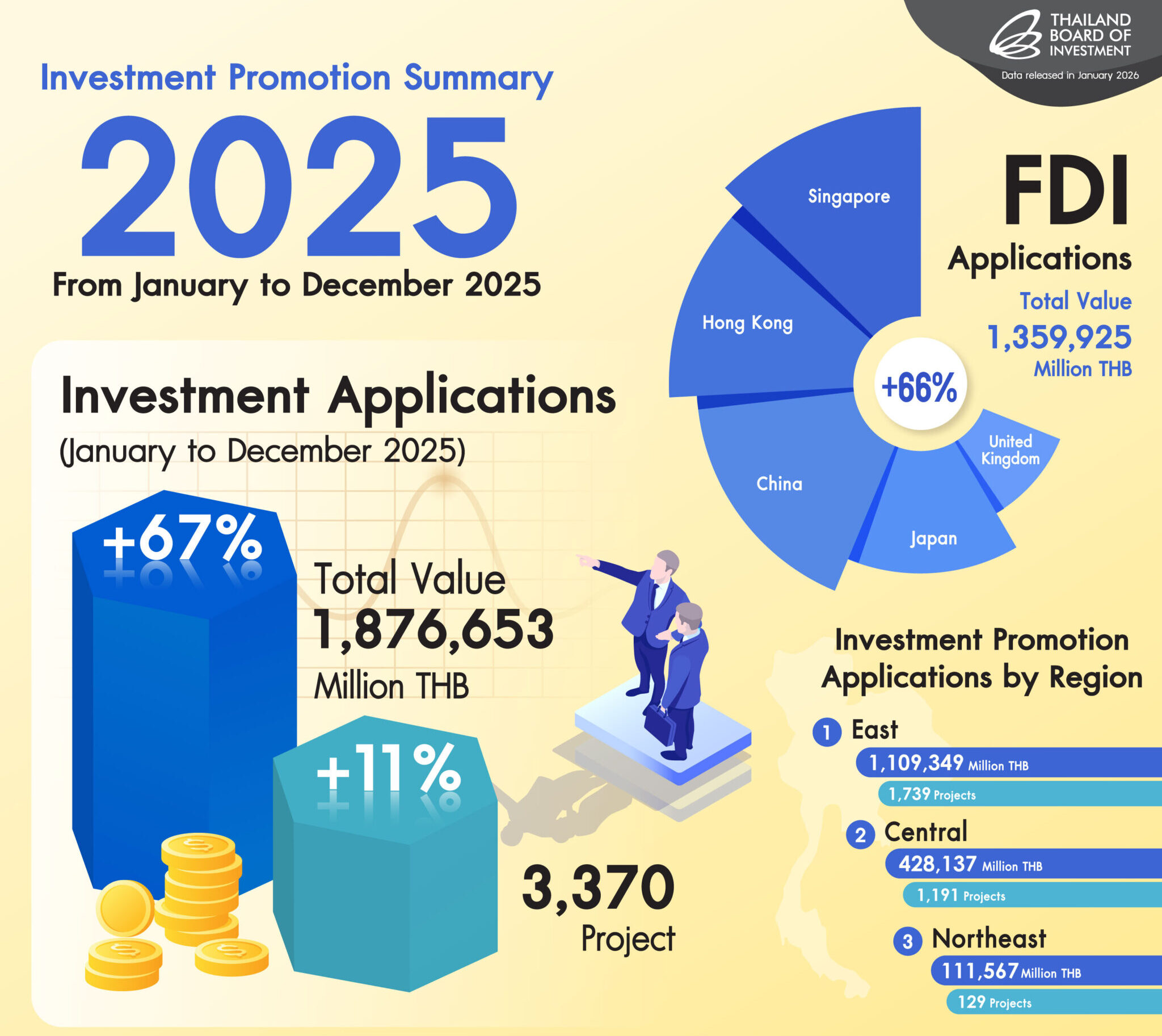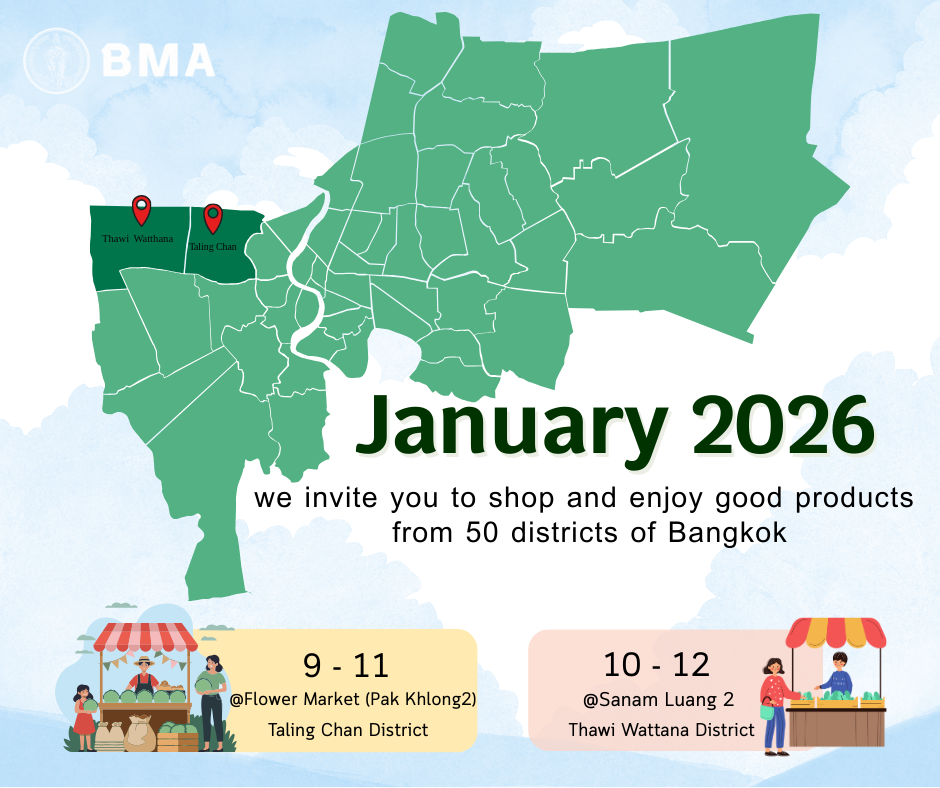
Readiness, unified quality data, the resilience of cybersecurity, and high-performance modernised infrastructure are the driving forces behind successfully implementing enterprise artificial intelligence (AI) projects, according to NetApp, a data infrastructure company.
“Thailand’s digital ambitions under the Thailand 4.0 framework have made AI a national priority. As enterprises look to scale AI across operations, success will depend on having a secure, unified data foundation that supports rapid deployment and governance,” said Unnop Wadithee, country manager at NetApp Thailand.
Thailand has approved an investment of 25 billion baht over fiscal 2026 and 2027 to fast-track AI development and achieve regional leadership.
Mr Unnop cited the NetApp Data Complexity Report from December 2024 that said 85% of Asia-Pacific tech executives recognise the importance of unified data to achieve optimal AI outcomes in 2025.
Meanwhile, Gartner Inc states that 60% of AI projects will be abandoned in 2026 due to the lack of AI-ready data.
“This means that the AI challenge is a data challenge. Fast AI adoption demands modernised enterprise storage infrastructure,” Mr Unnop added.
To meet customer needs, the company has introduced the NetApp AFX Disaggregated Storage System, a high-performance all-flash solution built for AI. It separates performance from capacity for greater scalability and speed, supporting exabyte-scale storage and terabytes-per-second bandwidth for large AI workloads.
Moreover, NetApp has also enhanced its Ransomware Resilience service to help drive comprehensive, orchestrated, workload-centric ransomware defences across file and block storage, all via a single control plane.
Mr Unnop said cyber-resilience is paramount for maintaining stability and trust. This will help organisations to handle the rise of ransomware-as-a-service.
According to data from the National Cyber Security Agency, Thailand faced more than 1,000 cyber-incidents in early 2025. Data leaks, a denial-of-service attack and ransomware hit over half of Thai firms.
“As Thailand accelerates its Thailand 4.0 vision, data has become the lifeblood of innovation across industries. Our Ransomware Resilience empowers organisations to recover swiftly and without compromise,” said Mr Unnop.
He said the rise of AI introduces complex data and security challenges across multi-cloud, hybrid, and on-premise environments — spanning various data types such as files, objects, and block storage format — driving the need for intelligent data infrastructure.
To stay competitive, organisations must prioritise four key areas: AI, data infrastructure modernisation, cyber-resilience and cloud transformation.
Mr Unnop said that despite the challenging economy, enterprises are still investing in technology in order to fuel growth.
For example, usually telecom operators and financial firms spend 15% of total revenue on technology, but they will now reprioritise, with cloud investment and cybersecurity being the top priorities.
Modernising existing storage infrastructure helps to optimise the overall cost of ownership by reducing maintenance costs and enabling AI readiness.
In Thailand, finance, the public sector, healthcare and manufacturing are the top potential markets.
“NetApp has achieved 145% year-on-year global growth in AI revenue, along with a threefold increase in qualified partners across APAC selling our AI solutions,” said Mr Unnop.
https://www.bangkokpost.com/business/general/3125590/data-seen-as-key-to-thailands-ai-transformation



